Would North Korean weapons tilt the war Russia’s way?
Putin wants to boost ‘depleted stocks’ but Pyongyang’s arms may be in poor condition
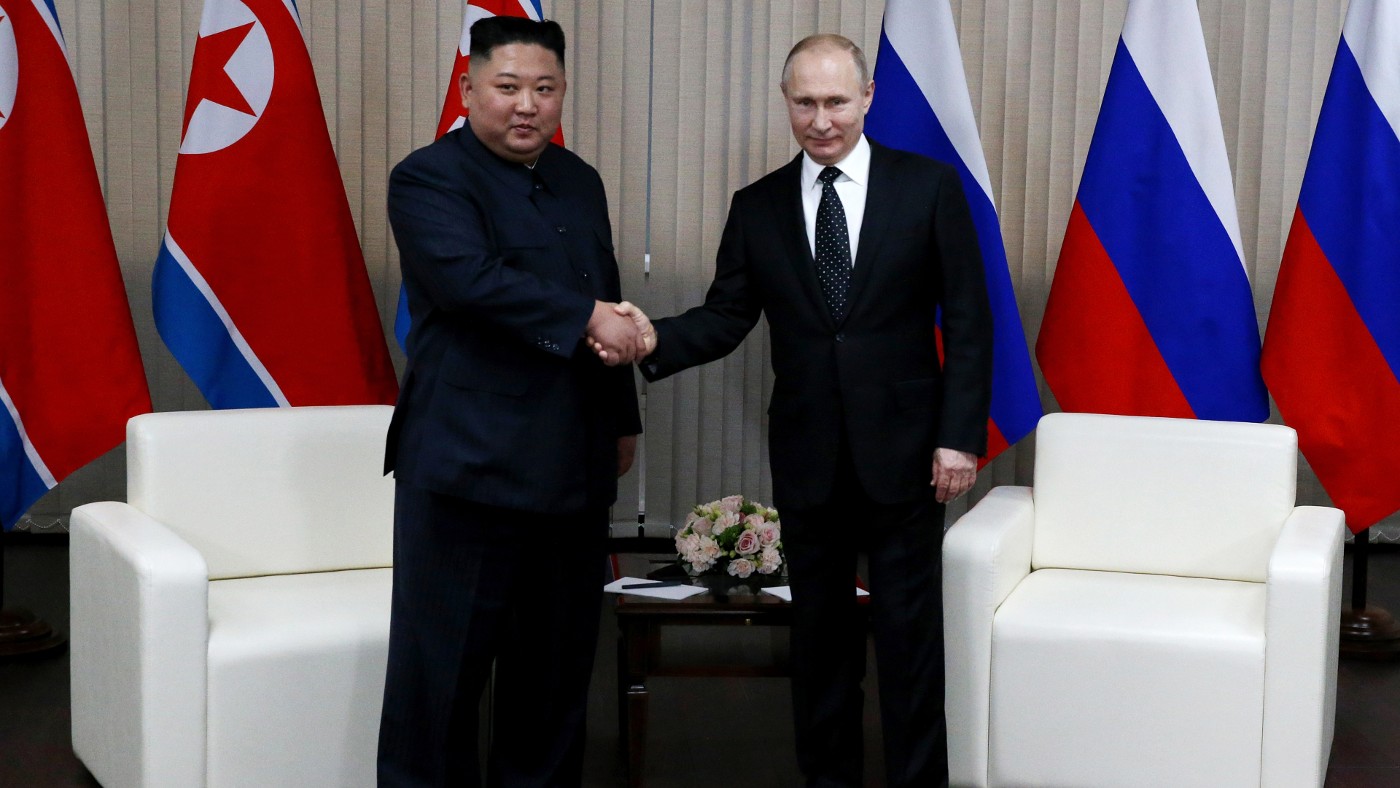
A free daily email with the biggest news stories of the day – and the best features from TheWeek.com
You are now subscribed
Your newsletter sign-up was successful
The sale of North Korean weapons to Russia is likely to be high on the agenda when the country’s leader, Kim Jong Un, travels to Moscow later this month to meet Vladimir Putin.
Last week, Washington said arms negotiations between the countries were “actively advancing”. Now CBS News reports that the two leaders will discuss military support for Russia’s war effort, raising concerns about the effect such a deal could have on the war and the wider geopolitical map.
What did the papers say?
In June, Kim vowed to “hold hands” with Putin and said the Russians had North Korea’s “full support and solidarity” for their “all-out struggle” in Ukraine. Then last week, the White House claimed that Putin and Kim had exchanged letters discussing a possible arms deal, but news of a planned meeting between them “goes far beyond the previous warning”, said The New York Times (NYT).
The Week
Escape your echo chamber. Get the facts behind the news, plus analysis from multiple perspectives.

Sign up for The Week's Free Newsletters
From our morning news briefing to a weekly Good News Newsletter, get the best of The Week delivered directly to your inbox.
From our morning news briefing to a weekly Good News Newsletter, get the best of The Week delivered directly to your inbox.
Moscow is keen to secure weapons to replace its own “depleted stocks”, said The Guardian. With the Russian military “quickly using up its munitions”, Putin is expected to “build on recent high-level diplomatic exchanges… to secure North Korean artillery shells and antitank missiles”, the paper added.
Pyongyang delivered infantry rockets and missiles to Russia for use by Wagner forces last year, and a new agreement could see Russia receive “multiple types of munitions from the DPRK [Democratic People’s Republic of Korea]”, said National Security Council spokesman John Kirby, as well as “raw materials that would assist Russia’s defense industrial base”.
Kim knows that Moscow is “desperate” for munitions and the price that he will ask for them will be “eye-wateringly high”, John Everard, who served as UK ambassador to North Korea between 2006 and 2008, told the BBC. But Everard also said North Korea’s stockpiles of weapons are in “very poor condition”, so the influence they could have on the war may be limited.
Indeed, noted the NYT, when North Korea shipped munitions to Russia through the Middle East and North Africa, “few if any” North Korean weapons actually “made it to the front lines in Ukraine”.
A free daily email with the biggest news stories of the day – and the best features from TheWeek.com
Nevertheless, the “strengthening of the Russia-North Korea alliance comes at an opportune time for two countries with very few allies and a shared adversary in the United States”, Jean H. Lee, a recent senior fellow at the Wilson Center, told the NYT, as it’s the “resurrection of a traditional alliance that serves the strategic interests of both Putin and Kim”.
The White House has tried to “deter” countries like China and North Korea from providing arms to Russia’s military, said Al Jazeera, as it considers Moscow’s full-scale invasion of Ukraine an attack on the country’s sovereignty. Earlier this month, the US government imposed sanctions on three entities it accused of being tied to arms deals between North Korea and Russia.
So there is “undoubtedly concern in Washington, Tokyo and Seoul about what both Russia and North Korea could get out of a military cooperation deal”, said The Telegraph. But Putin, “bogged down in his war with Ukraine”, will certainly be keen to secure arms from Pyongyang, it added.
What next?
In a “rare foray from his country”, Kim would travel from Pyongyang, North Korea’s capital, probably by armoured train, to Vladivostok, on the Pacific coast of Russia, said the NYT. If he and Putin agree an arms deal, there could be escalatory consequences: Kirby has warned the US would take action, including imposing sanctions, if North Korea did supply Russia with weapons.
However, said The Telegraph, “there remains the possibility that Kim’s trip may never take place”, because “the reclusive leader is famously paranoid about his security, rarely stepping beyond the sealed borders of his regime”. Everard agreed, saying the sudden flurry of publicity around the possible trip is a “strong reason why the visit is now unlikely to take place”.
But there are reports that North Korea could take part in joint naval drills with Russia and China, said The Guardian. “Why not, these are our neighbours,” said Russia’s defence minister Sergei Shoigu when asked about the exercises, according to Russia’s Interfax news agency. “There’s an old Russian saying: you don’t choose your neighbours and it’s better to live with your neighbours in peace and harmony.”
Chas Newkey-Burden has been part of The Week Digital team for more than a decade and a journalist for 25 years, starting out on the irreverent football weekly 90 Minutes, before moving to lifestyle magazines Loaded and Attitude. He was a columnist for The Big Issue and landed a world exclusive with David Beckham that became the weekly magazine’s bestselling issue. He now writes regularly for The Guardian, The Telegraph, The Independent, Metro, FourFourTwo and the i new site. He is also the author of a number of non-fiction books.
-
 How the FCC’s ‘equal time’ rule works
How the FCC’s ‘equal time’ rule worksIn the Spotlight The law is at the heart of the Colbert-CBS conflict
-
 What is the endgame in the DHS shutdown?
What is the endgame in the DHS shutdown?Today’s Big Question Democrats want to rein in ICE’s immigration crackdown
-
 ‘Poor time management isn’t just an inconvenience’
‘Poor time management isn’t just an inconvenience’Instant Opinion Opinion, comment and editorials of the day
-
 Luton Airport bendy buses join Ukraine war effort
Luton Airport bendy buses join Ukraine war effortfeature And other stories from the stranger side of life
-
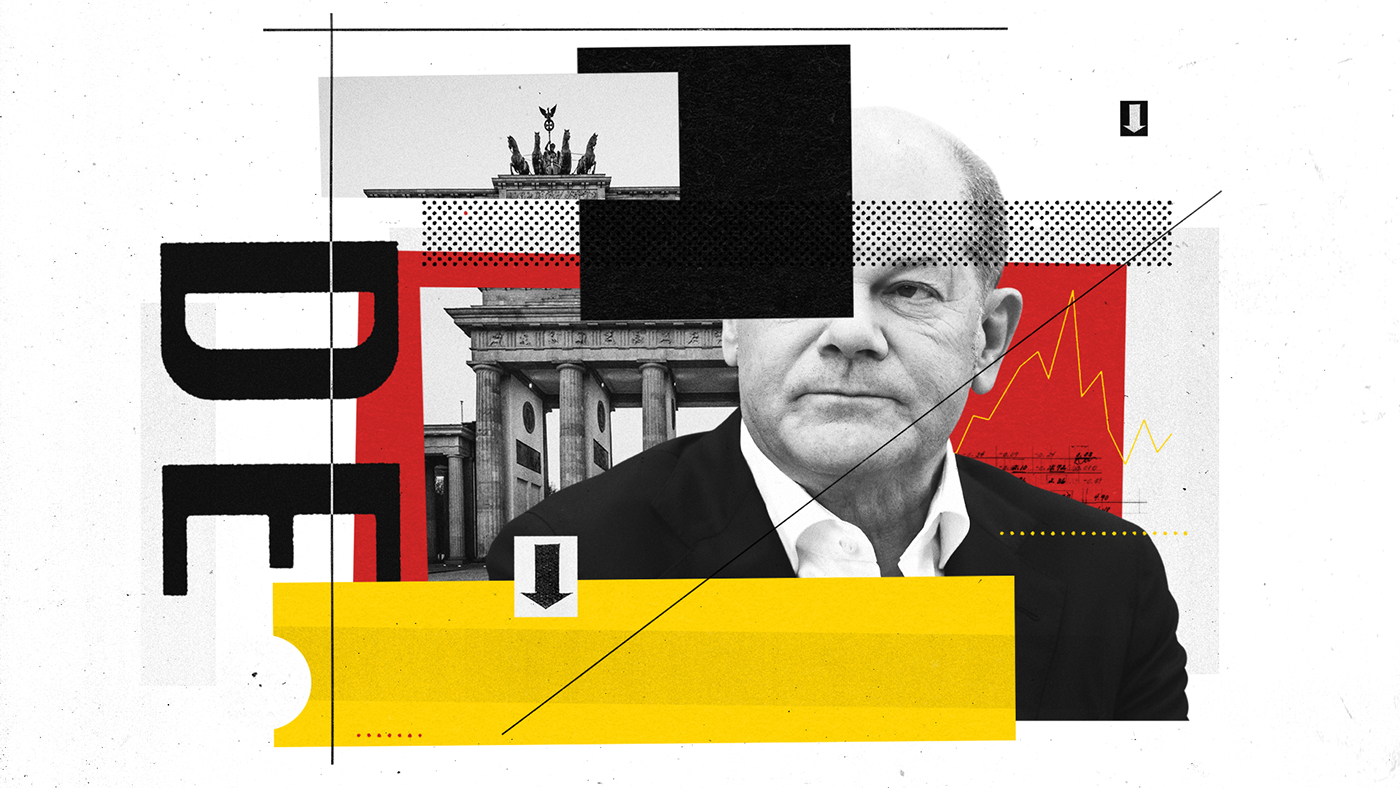 What went wrong with the German economy?
What went wrong with the German economy?Today's Big Question ‘Deep-rooted’ and ‘knotty’ problems threaten return of ‘sick man’ label
-
 Why are so many local councils on the brink of bankruptcy?
Why are so many local councils on the brink of bankruptcy?Today's Big Question Inflation, underfunding and growing demand for services has put pressure on local authorities at the worst time
-
 Nobody seems surprised Wagner's Prigozhin died under suspicious circumstances
Nobody seems surprised Wagner's Prigozhin died under suspicious circumstancesSpeed Read
-
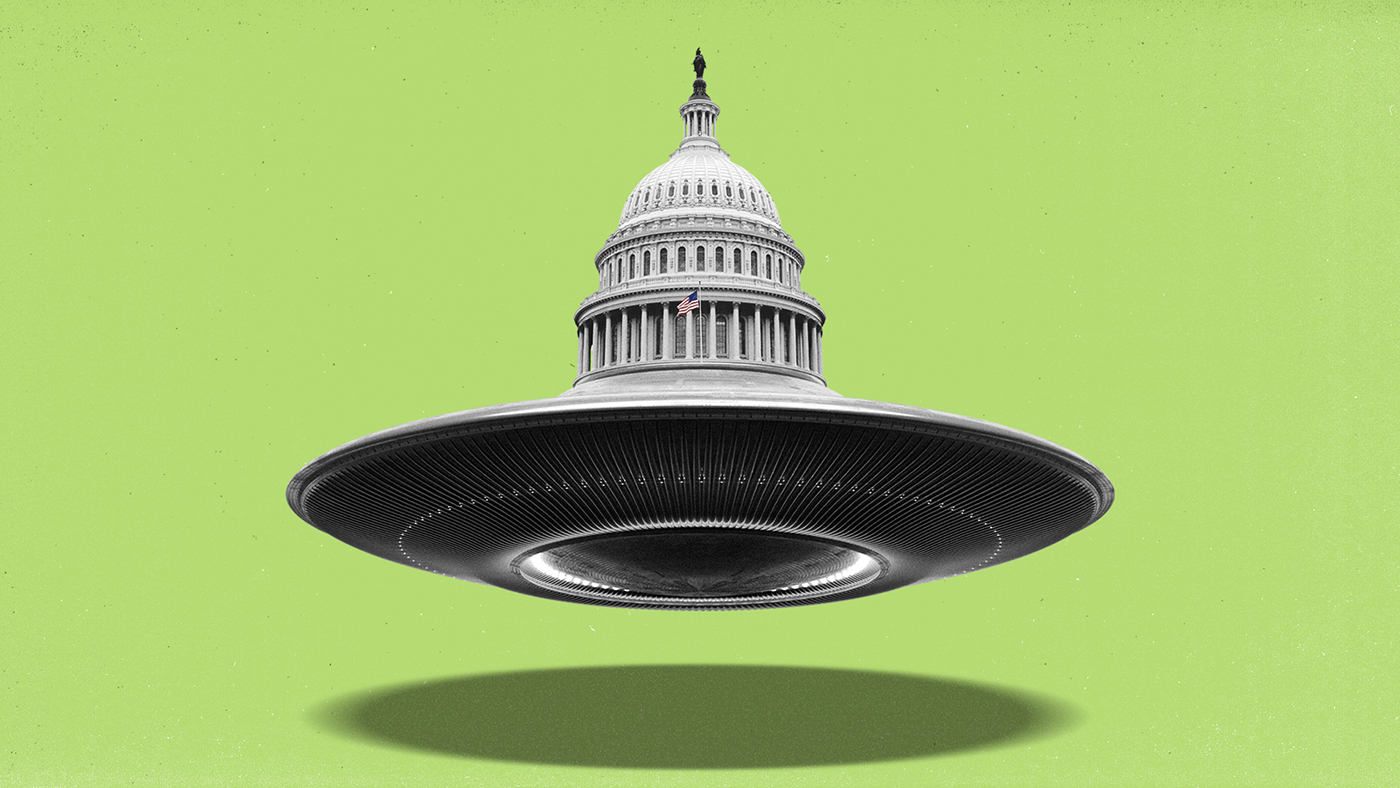 UFO hearing: why is Washington suddenly embracing aliens?
UFO hearing: why is Washington suddenly embracing aliens?Today's Big Question Speculation of extraterrestrial life has moved from ‘conspiracy fringe’ to Congress
-
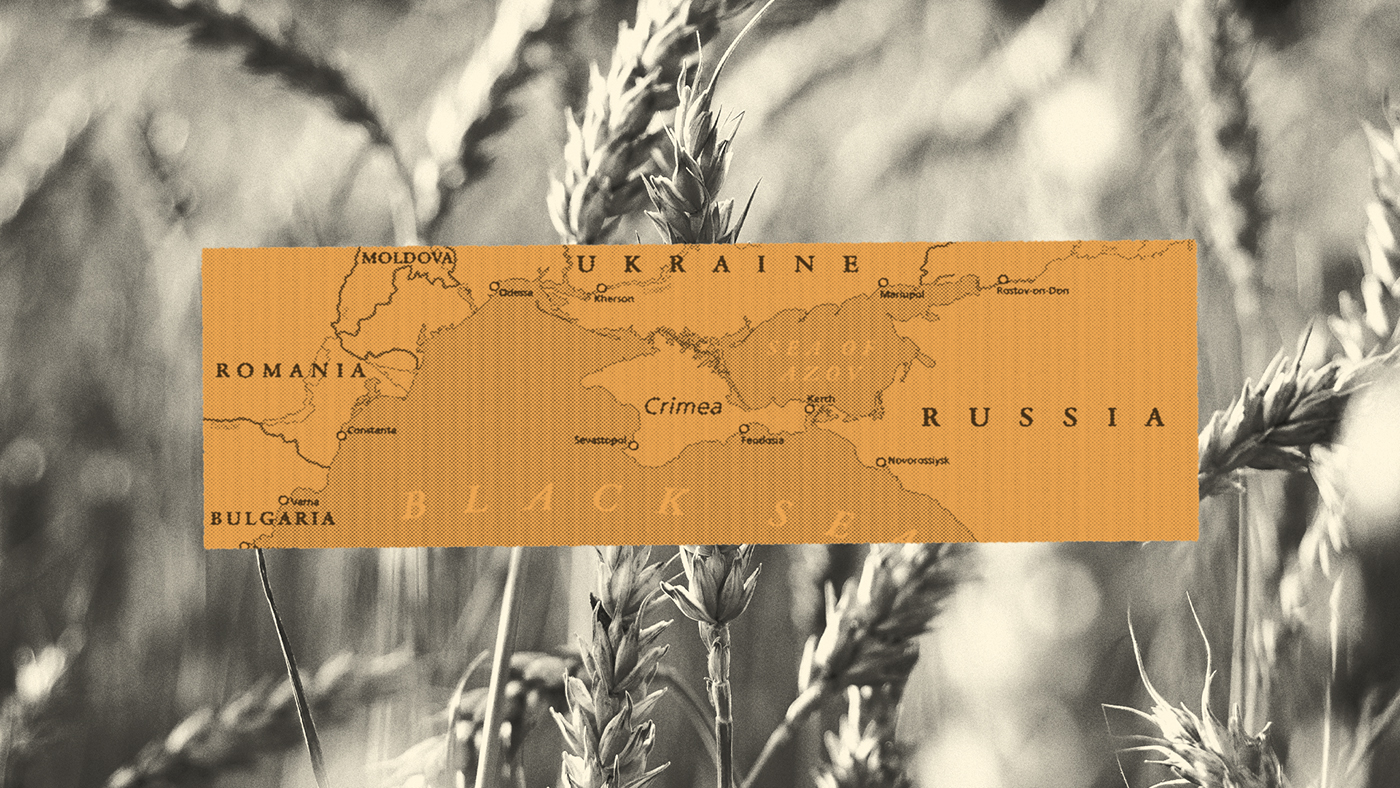 Can the Ukraine-Russia Black Sea grain deal be rescued?
Can the Ukraine-Russia Black Sea grain deal be rescued?Today's Big Question The Kremlin’s termination of agreement has sparked fears among food-insecure countries
-
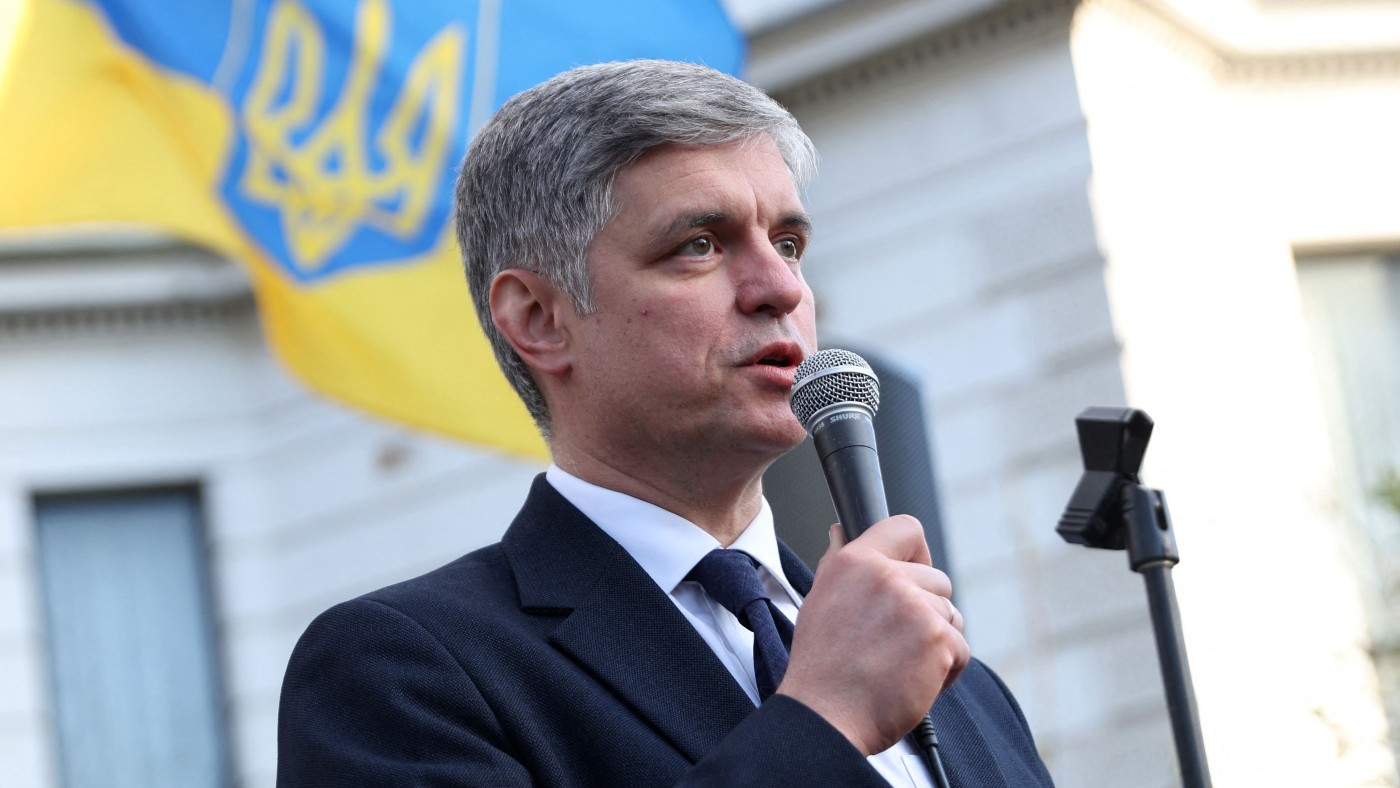 Zelenskyy sacks Ukraine ambassador to UK after sarcasm row
Zelenskyy sacks Ukraine ambassador to UK after sarcasm rowSpeed Read Vadym Prystaiko accused his boss of an ‘unhealthy sarcasm’ in response to British defence secretary Ben Wallace
-
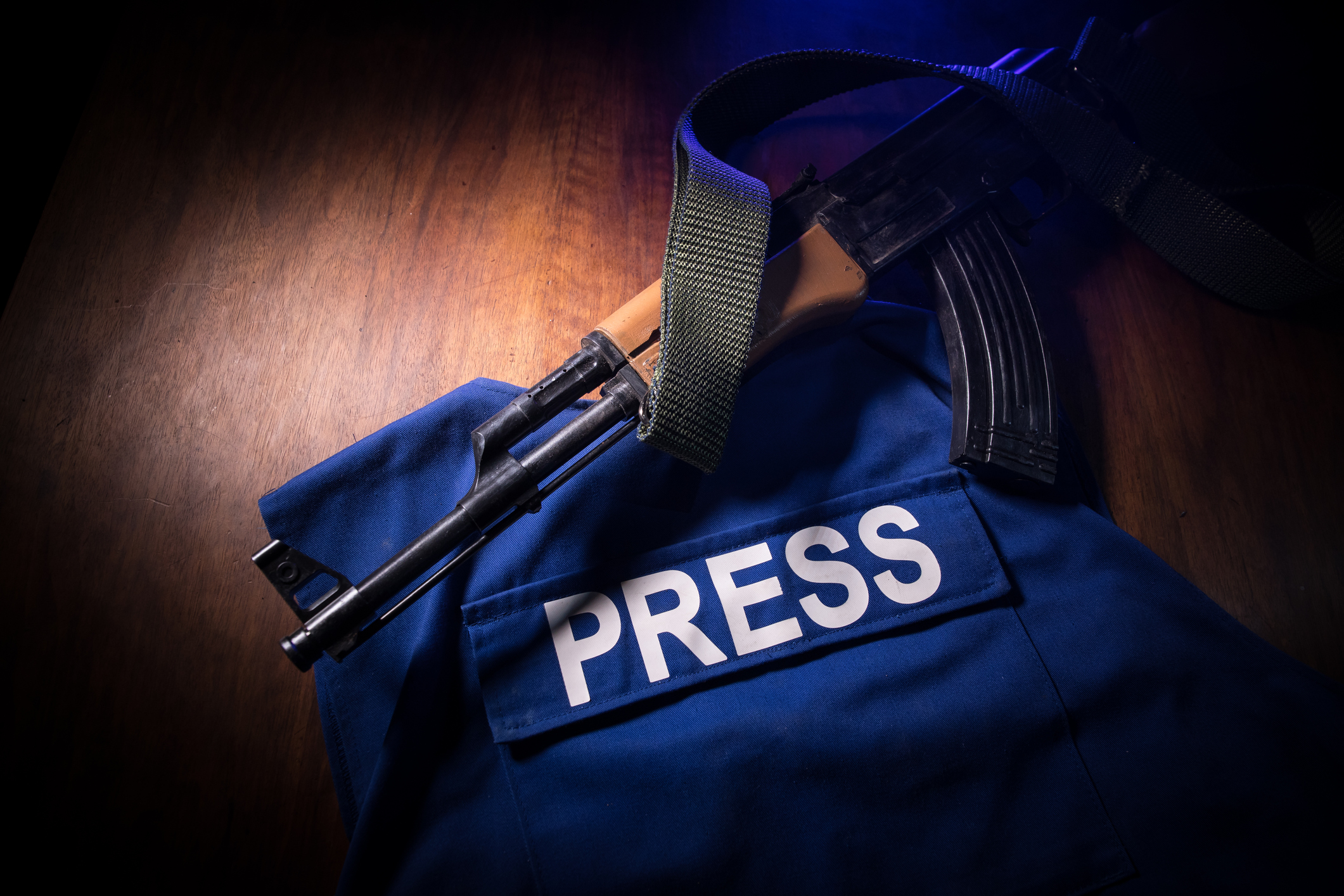 Why journalist deaths continue to rise around the world
Why journalist deaths continue to rise around the worldUnder the Radar Journalist deaths rose sharply in 2022 and don't appear to be slowing down this year